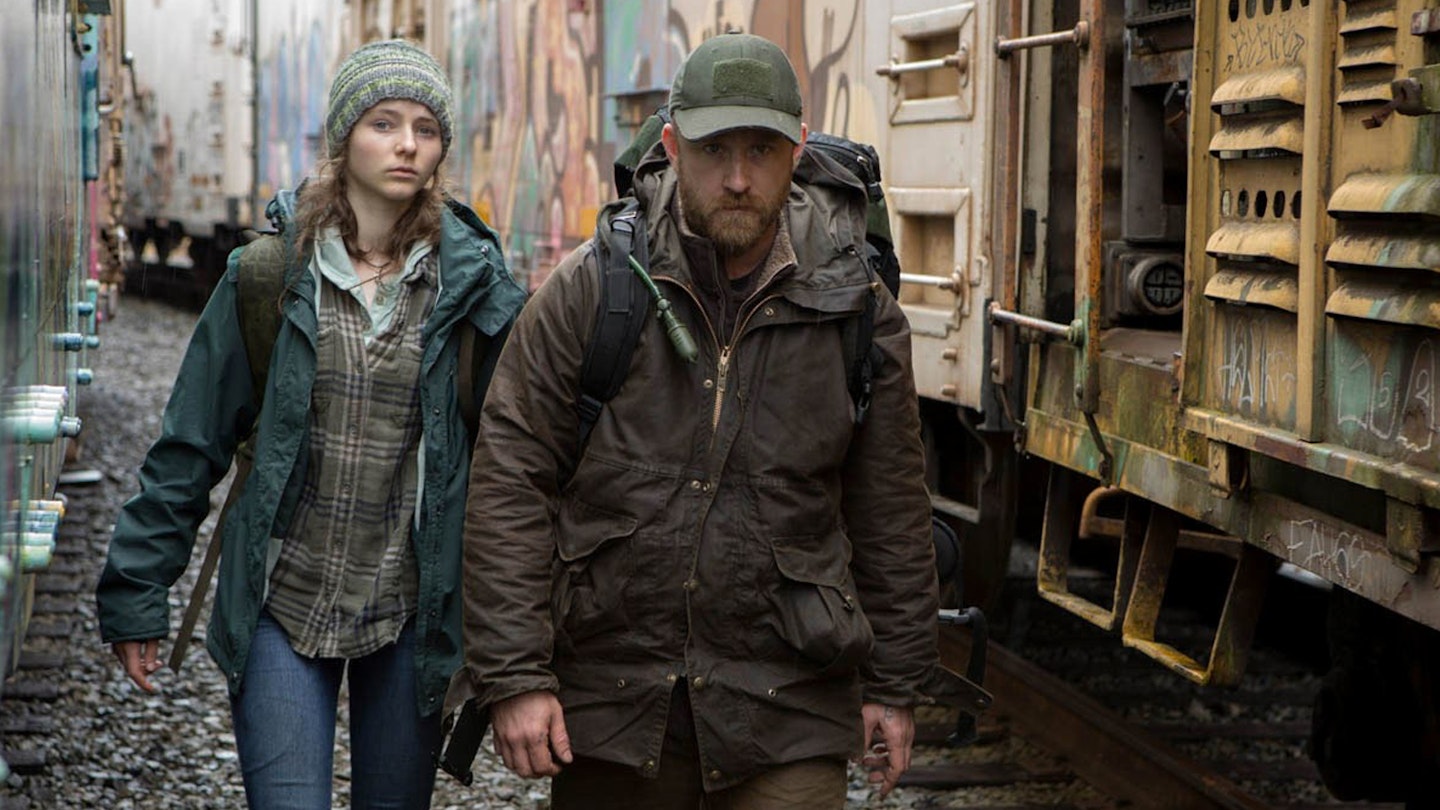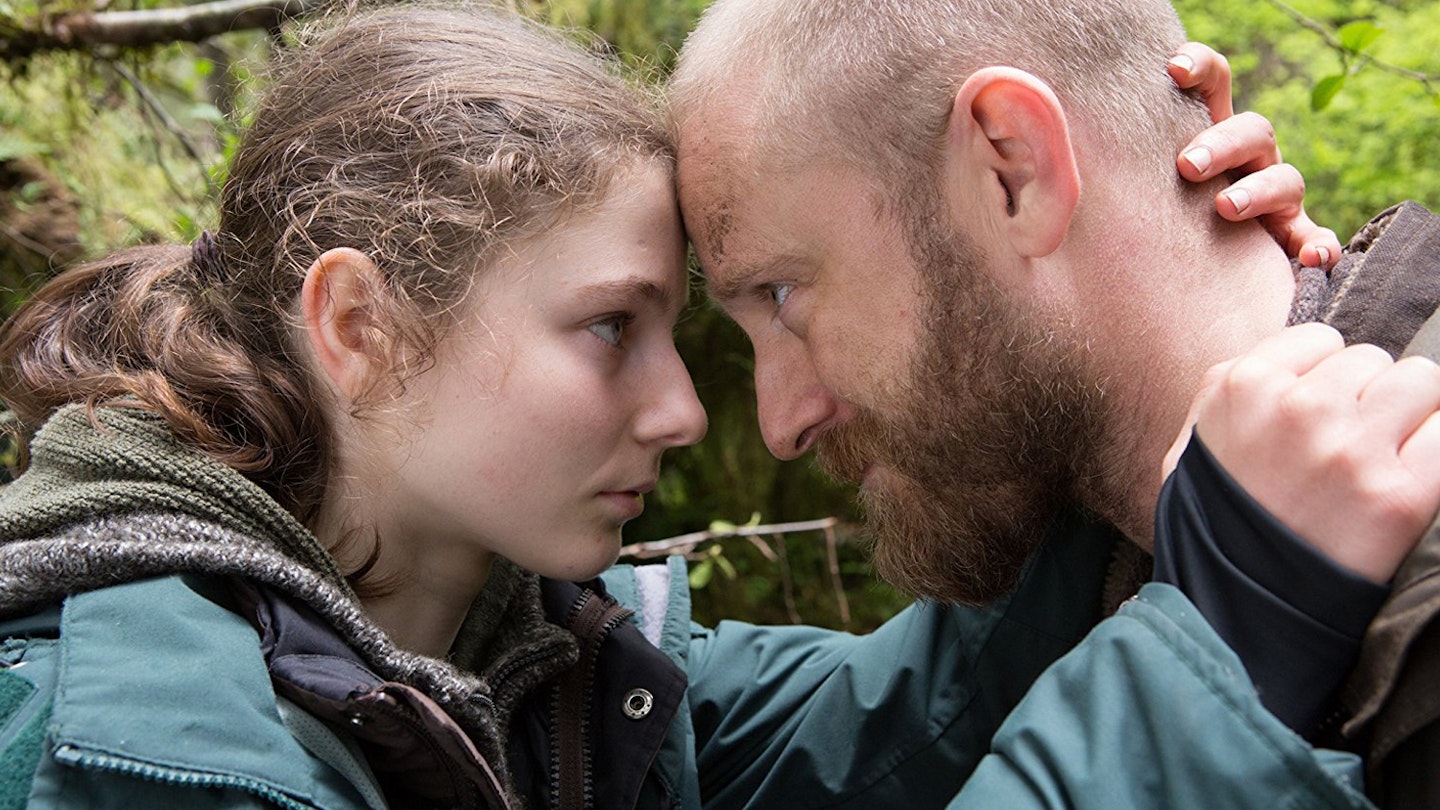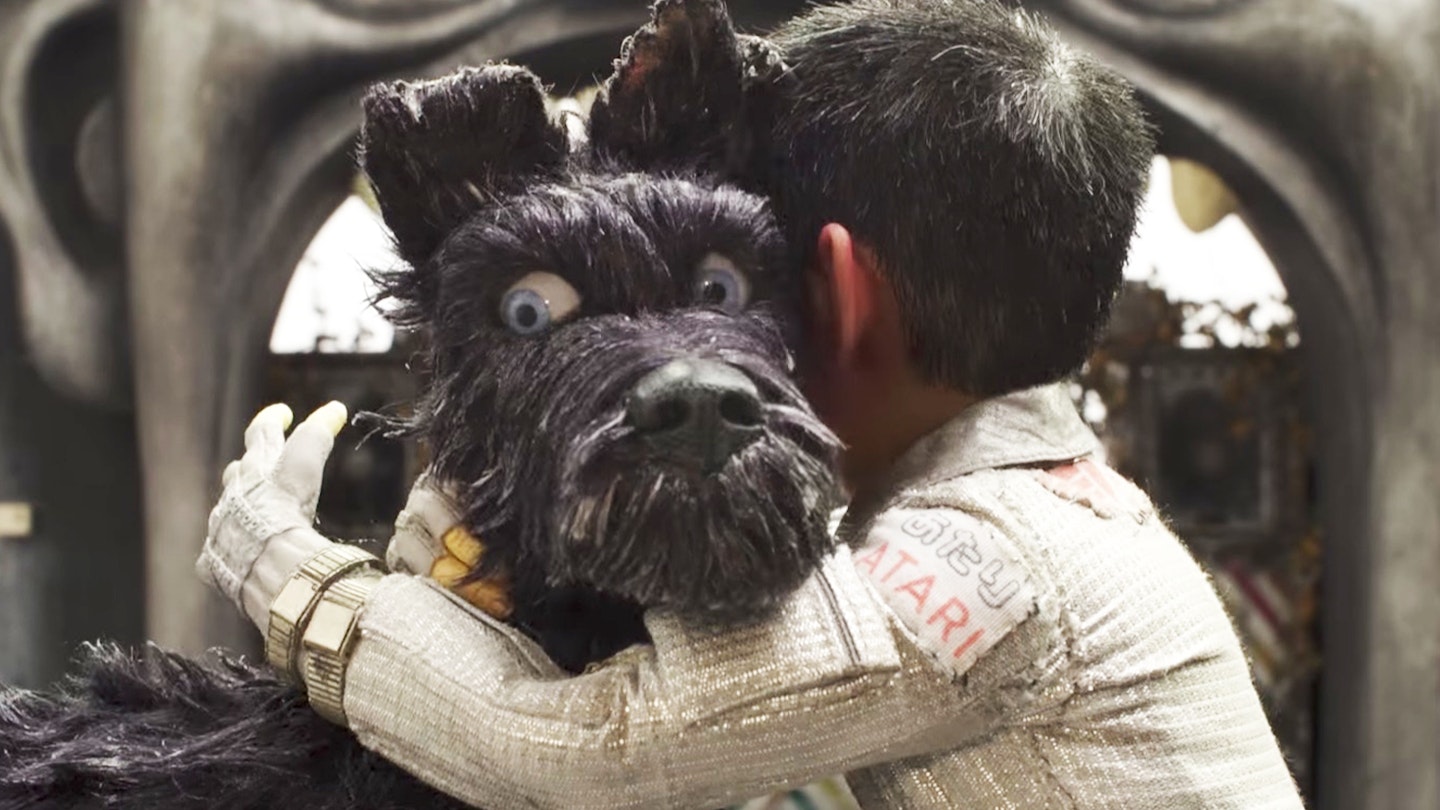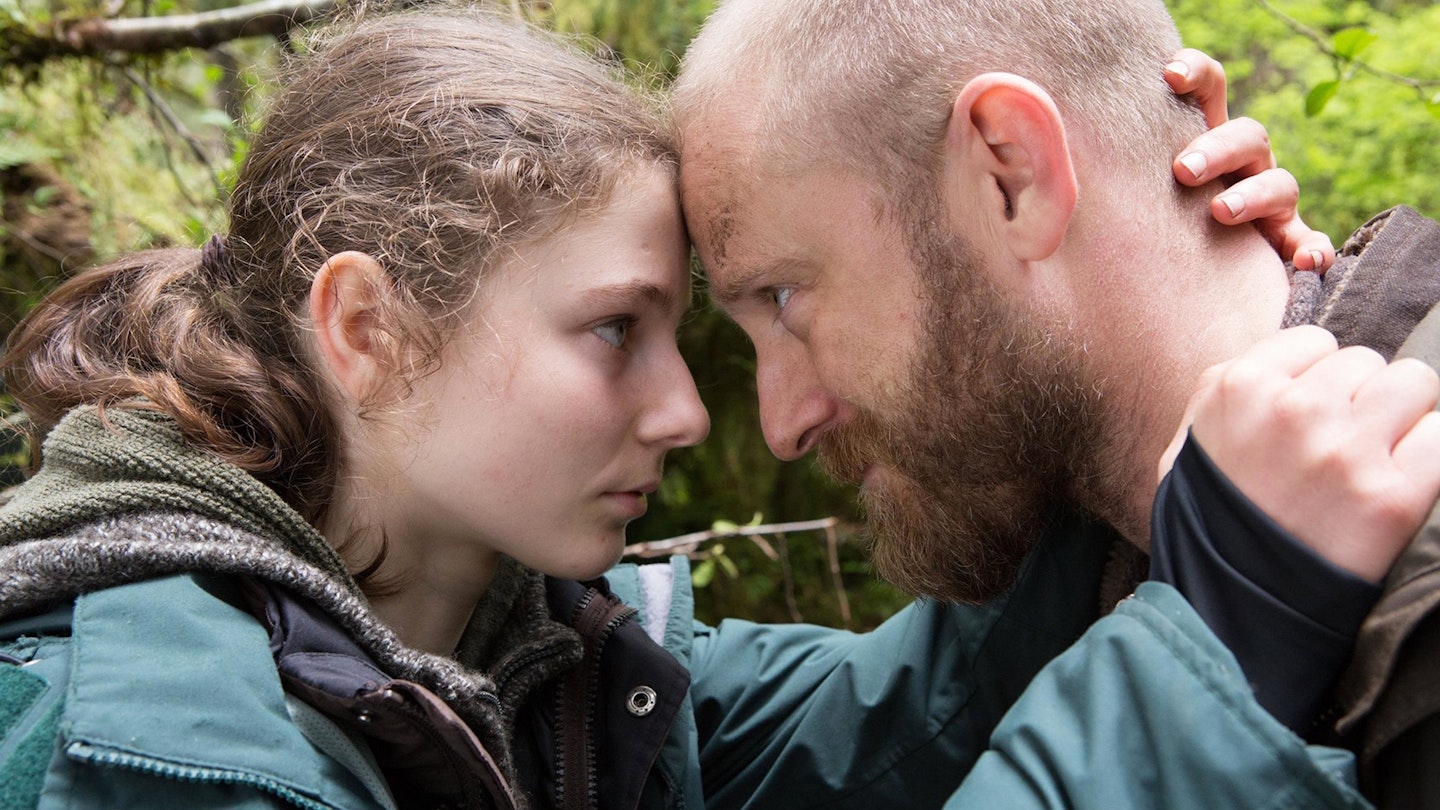It might sound like a CSI-style procedural on 5USA (“Previously on ‘Leave No Trace’”), but co-writer/director Debra Granik’s film ploughs a subtler, more rewarding trail. Her first fiction feature since 2010’s Winter’s Bone, which launched the career of Jennifer Lawrence, it ploughs a similar vein of rural American drama but lands on a tender portrait of a father and daughter in transition. It is small and, story-wise, slight, but quietly powerful in its detail and compassion.

Based on Peter Rock’s 2009 novel, Leave No Trace starts like ‘Ray Mears: The Movie’, painting an economic portrait of survival in the wilderness — in this case an Oregon national park — through the prism of father Will (Foster) and tween daughter Tom (Harcourt McKenzie); the pair pick plants, cook mushrooms, feather wood for fire, catch rain water to drink and run through all-important drills in case they are discovered. If the couple could be perceived as homeless, aided by lush cinematography by Michael McDonough, Granik creates a different definition of home built on an intimate, touching father-daughter relationship. This idyll is shattered when Tom is spotted by a hiker and reported to the authorities. The pair are taken to social services, and you really feel the separation. Rehoused on a farm, Will never settles but Tom finds joys — boys! rabbits! — and comfort in community. Something has to give.
It’s a very clear-cut, compelling conflict — a man who wants to avoid the world, a teenage girl who wants to join it — but played out without histrionics or cliché. Foster has rarely been better. Humble and fragile, Will could have been a tyrant, wielding power over his daughter, but Foster makes him an attentive, affectionate dad. It’s not a portrait of a man railing against a consumerist society; instead it’s a man scrabbling for psychological self-preservation. But the film’s ace card is McKenzie, best known as Astrid in The Hobbit: The Battle Of The Five Armies. Over the course of the film, she etches a character coming round to a world of new possibilities without a false note, perhaps the quietest teen rebellion in cinema history. It might not be as grandstanding (or career-changing) as Lawrence’s Ree Dolly in Winter’s Bone, but in its own way is equally as impressive.
The dramatis personae of Leave No Trace could well be characterised as Trump’s America — poor, white, dispossessed — but Granik has no interest in political point-making. Instead, she is a sharp-eyed humanist, creating characters without condescension or sentiment. Her generous world view extends to the characters Will and Tom meet — kindly social workers, war veterans, truckers, religious leaders — without turning them into bad guys or oddballs. She and co-writer Anne Rosellini never spoon-feed you reasons for Will and Tom’s lifestyle, letting you figure things out for yourself. It doubles down on an investment in the pair which makes the film’s final moments all the more heart-breaking.






